10 things you likely won't need for better health in 2016
What's often not mentioned in industry-funded research
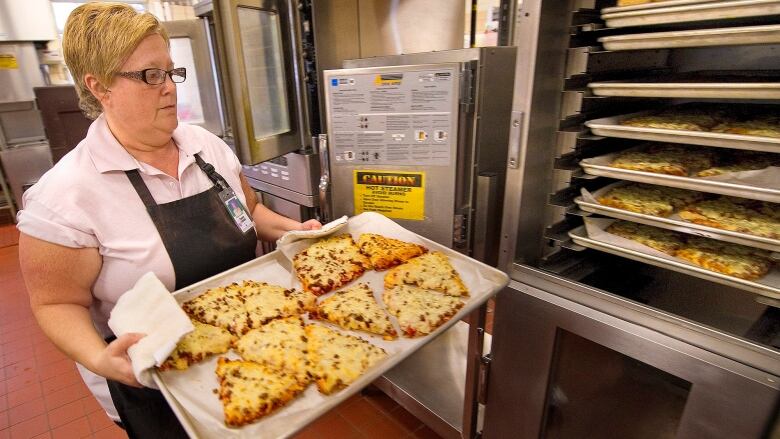
Many of us commit to living healthier in the new year.But what does the evidence say about these commonly held ideas that we associate with better health? The CBC News Health Content Unit offers some answers.
Vitamin supplements
Canadians spend about $1 billion a year trying to supplement their diets with essential nutrients. However, a growing body of peer-reviewed studies shows taking common store-bought vitamins or multivitamins does not prevent chronic diseases in otherwise healthy people. For those who are really low on a certain vitamin, a pill can help to shore up the deficiency.
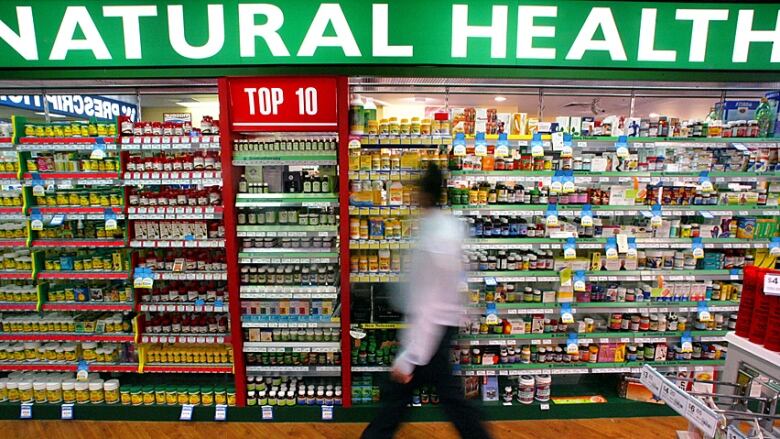
Still, most family physicians won't discourage taking multivitamins because there are few risks. But a group of top medical researchers recently called on doctors and consumers to change their ambivalence toward the science surrounding vitamin use with their journal commentary, "Enough Is Enough: Stop Wasting Money on Vitamin and Mineral Supplements."
- Vitamins from A to Zinc: A reality check
- 9 vitamin studies, reports and editorials
- Superfood status for fruits and vegetables overvalued,dietitian says
Name brand pain medication
We listen to our doctors and pharmacists when it comes to medication use, yet people continue to grabbrand-namepain medication off the shelf over the generic version, even though the active ingredients are identical. Generic versions are often a third to half the price of the brand name.
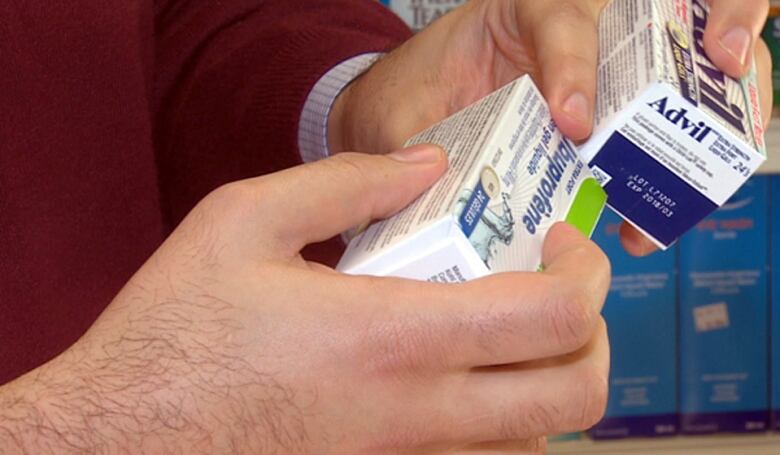
A recent survey found that about 90 per cent of physicians buy generic, while only 60 per cent of the general population does. The research suggests if we all had the same buying habits as doctors, makers of brand-name drugs would have to drop their prices.
'Natural'sugar substitutes
Despite its refined and sanitized appearance, most mass produced sugar is already a natural substance derived from beets. Alternatives such as agave, stevia or coconut sugar are gaining popularity as healthier options. Using agave doesn't give you the same spike in blood sugar, but is higher in calories than sugar.
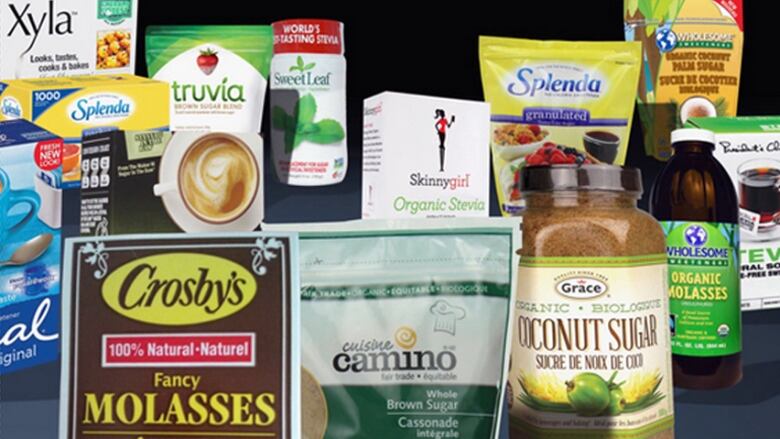
It's a similar situation with coconut sugar, which has the same amount of sucrose as white sugar. And while stevia has no calories, dieticians warn that because it's so much sweeter than sugar, it can actually induce greater cravings for sweetness.
Extra calcium for 'stronger bones'
Despite calcium's known role in the development of bone density, increasing one's calcium intake doesn't appear to reduce the chances of fractures later in life. A review of more than 100 medical studies corroborates this. Even eating more calcium-rich food didn't help prevent fractures in older people any more than a low-calcium diet. There are also risks associated with too much calcium.

Low-fat diets
Despite extensive research that finds people who are on low-fat diets are neither healthier nor less overweight than people who aren't, low-fat foods still crowd our grocery store shelves. In some cases, these foods simply compensate for the reduction in fat by pumping up the salt, sugar or carbohydrate content, making them an even unhealthier option.
- Low-fat diets no help for weight loss in long run, review shows
- 'Eating fat makes you fat' idea debunked: dietitian
- 7 diet studies reveal not all fats created equal

Researchers say a better alternative is to simply reduce our portion size and reliance on processed food overall.
Online symptomcheckers
The must-have for the "cyberchondriac," online symptom checkers and downloadable apps were supposed to be an improvement over wildly unsubstantiated and frequently inaccurate "Dr. Google"search results. However, despite being hosted by reputable medical schools such as Harvard, a test of their accuracy found they provided the correct diagnosis only about a third of the time. In the U.S., where many of these apps are designed, a correct diagnosis could prevent a costly trip to the doctor. But researchers also found these checkers tended to needlessly send people to the hospital when staying at home might be reasonable.
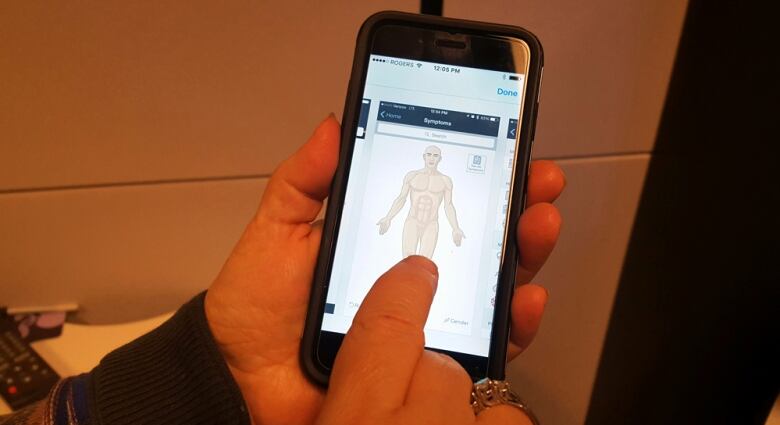
Antibacterial soap
For more than a decade, antibacterial soap has been shown to be no more effective than regular soap in reducing the number of microbes on test subjects' hands. In fact scientists have warned heavy use could lead to a new breed of hard-to-kill microbes. The U.S. Food and Drug Administration has also warned antibacterial soaps could be a threat to public health because of the chemicals they contain.
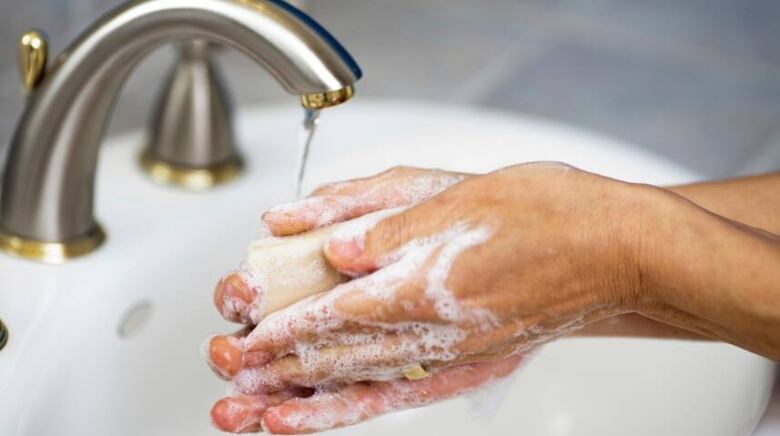
Dark chocolate
There's an undeniable serotonin-releasing pleasure that some people experience from eating chocolate especially a quality dark chocolate. But the long-extolled health advantages often have to do with the vascular benefits from flavanols contained in cocoa beans.

What's often not mentioned in this research usually funded by the chocolate industry is the fact that processing cocoa beans to eliminate the bitter taste in order to make chocolate also eliminates those superfood qualities of flavanols.
'Hydrating'
Chances are if you're reading this you're not dehydrated. Even if you're mildly dehydrated, nothing will happen to you. Scientific trials have found mild dehydration had little or no effect on one's mental and physical performance. It's not clear when "de-hydrophobia"began or who said we should drink eight glasses of water a day or imbibe H2O until we "pee clear," but aside from a pair of recent studies funded by the bottled-water industry, the scientific consensus is as simple as "drink when you're thirsty."

Also, bottled water is no better for you than most municipal water. Neither will flush your system of "toxins."
'Kardashian pill' for morning sickness
Before she got in trouble with the U.S. Food and Drug Administration for violating American drug promotion rules by endorsing a morning sickness pill on social media, the usefulness of Diclegis (Diclectin in Canada) for preventing nausea in pregnant women was already being questioned by researchers.
- Kim Kardashian's social media posts for morning-sickness pill 'contravenes Canadian ban,' health lawyer says
- 7 morning sickness prevention and treatment suggestions
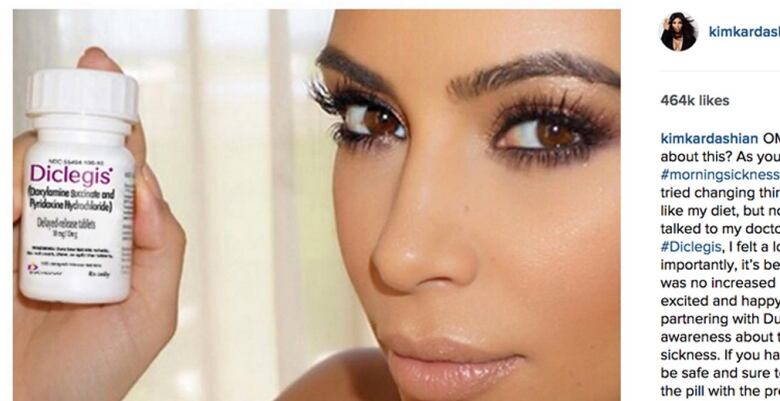
Toronto physician Dr. Nav Persaud said he has stopped prescribing the drug, because he is not convinced it works.












_(720p).jpg)


 OFFICIAL HD MUSIC VIDEO.jpg)
.jpg)



























































































